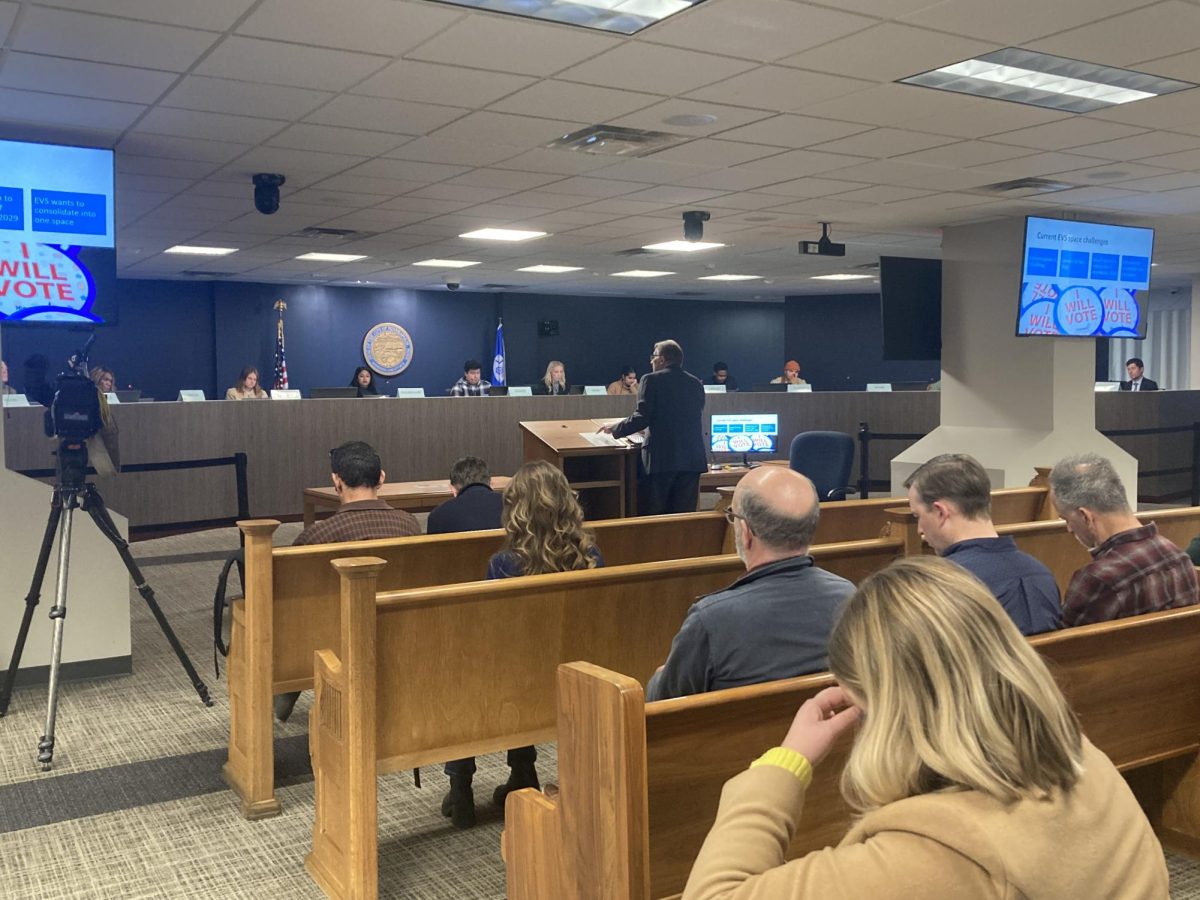 At the University of Minnesota in the 1960s and 1970s, doctors denied single female students birth control pills while married or engaged women were not.
At the University of Minnesota in the 1960s and 1970s, doctors denied single female students birth control pills while married or engaged women were not.
In 1970, an unmarried University graduate student’s pill prescription wasn’t renewed because she was single, the Daily reported at the time.
The student, who had a “prescription from another doctor in the city,” told the Daily that University Health Services — now Boynton Health — “dismissed her case because she’s single.”
In the article, Dr. Donald Cowan, the health service’s director in 1970, said, “contraceptives services are, of necessity, ‘limited to those who are most in need of it – those who are married or about to be married.’”
Cowan said because priority was given to married women, it was common for single women to be denied prescriptions.
Another article from the same year cites an 18-year-old math major being told by her University doctor, “you have to have your wedding date set or be married” to be prescribed contraceptives.
This issue was not unheard of in the 1960s and early 1970s, said Tracey Deutsch, a University history professor.
Between 1960 and 1965, doctors prescribed the pill widely, but it was technically illegal, Deutsch said.
By 1965, more than 40 percent of married women under 30 said they had contraceptives, according to a study by Harvard University researchers.
In 1965, the U.S. Supreme Court ruled in Griswold v. Connecticut that married women could legally be prescribed contraceptives because it otherwise breached marital privacy.
At the time, single women still could not easily access the pill, Deutsch said, but even when it was illegal, they still found ways to get them.
“People would borrow wedding rings to show they’re married … people would pass prescriptions around … in this sense the law was behind the times,” she said.
By 1967, fewer than half of all college campuses in the country provided contraceptives, Deutsch said.
University Health Services didn’t prescribe birth control pills until the law changed in 1965, said Dave Golden, Boynton Health’s director of public health and communications.
By the late 1960s, the University had a special gynecology clinic that offered contraceptives for single women that worked in contrast to Health Services physicians.
In 1972, the Supreme Court ruled in Eisenstadt v. Baird that the same privacy rights that applied to married women in Griswold should also apply to single women, Deutsch said.
Still, women had to deal with the stigma that came with the pill, she said.
Women who used the pill were often seen as more promiscuous, she said.
“Some thought even asking for it made them look promiscuous,” she said.
In the late 1970s, the pill’s image improved, and manufacturers reformulated it to be safer for consumption with fewer side effects, Deutsch said.
Another Daily article from 1970 discussed the improvements in University policy on birth control aid and family planning resources.
By 1973, more than two-fifths of all college undergraduate students, regardless of marital status or age, received family planning services, according to a Harvard University study.
With the influx of women demanding access to contraceptives in the 1970s and 1980s, universities had to adapt, Deutsch said.
Golden said University health services had to change with the times. In the 1980s, the University started to increase contraceptive accessibility, he said.
“[Now] students have a menu of options for birth control aid,” Golden said.







